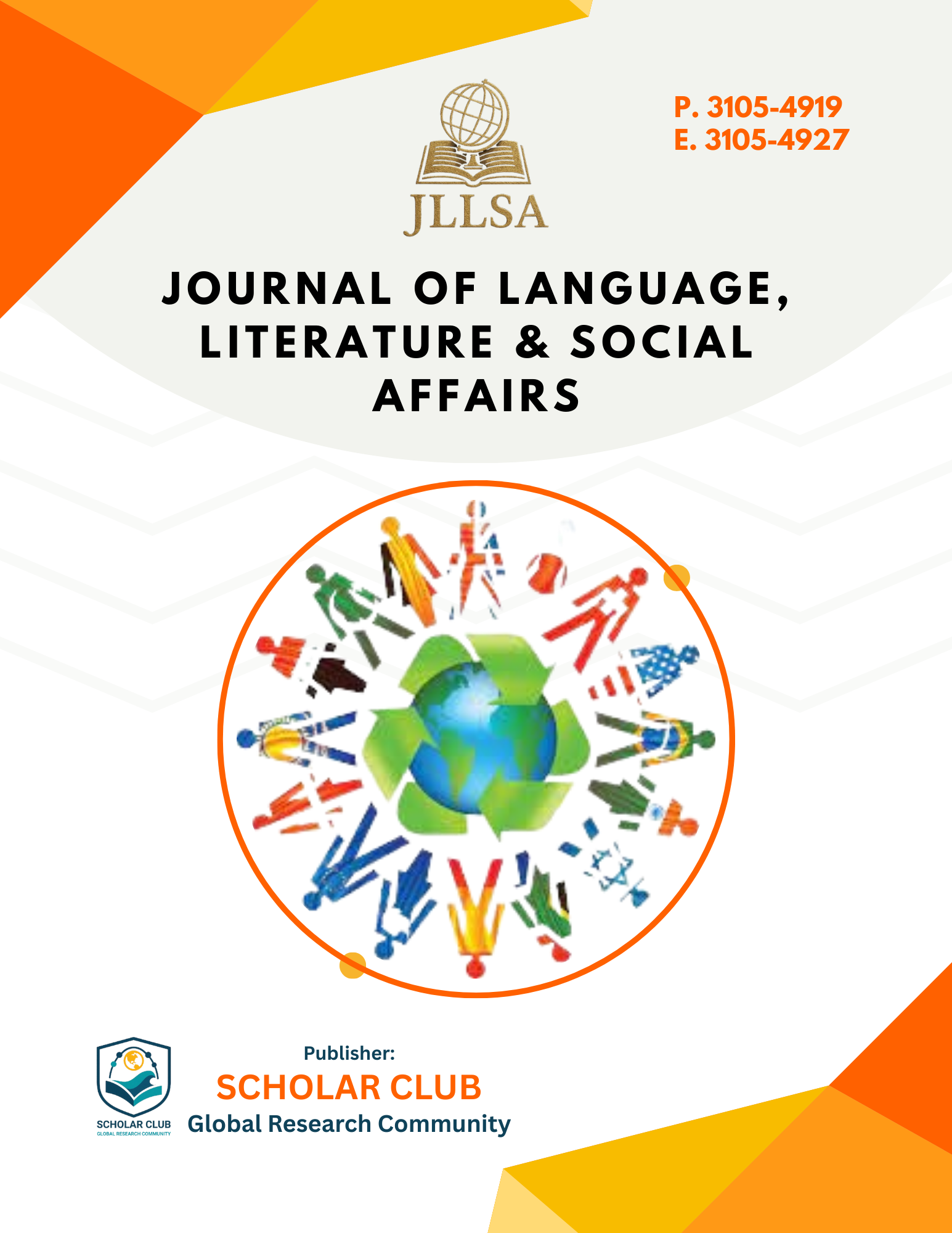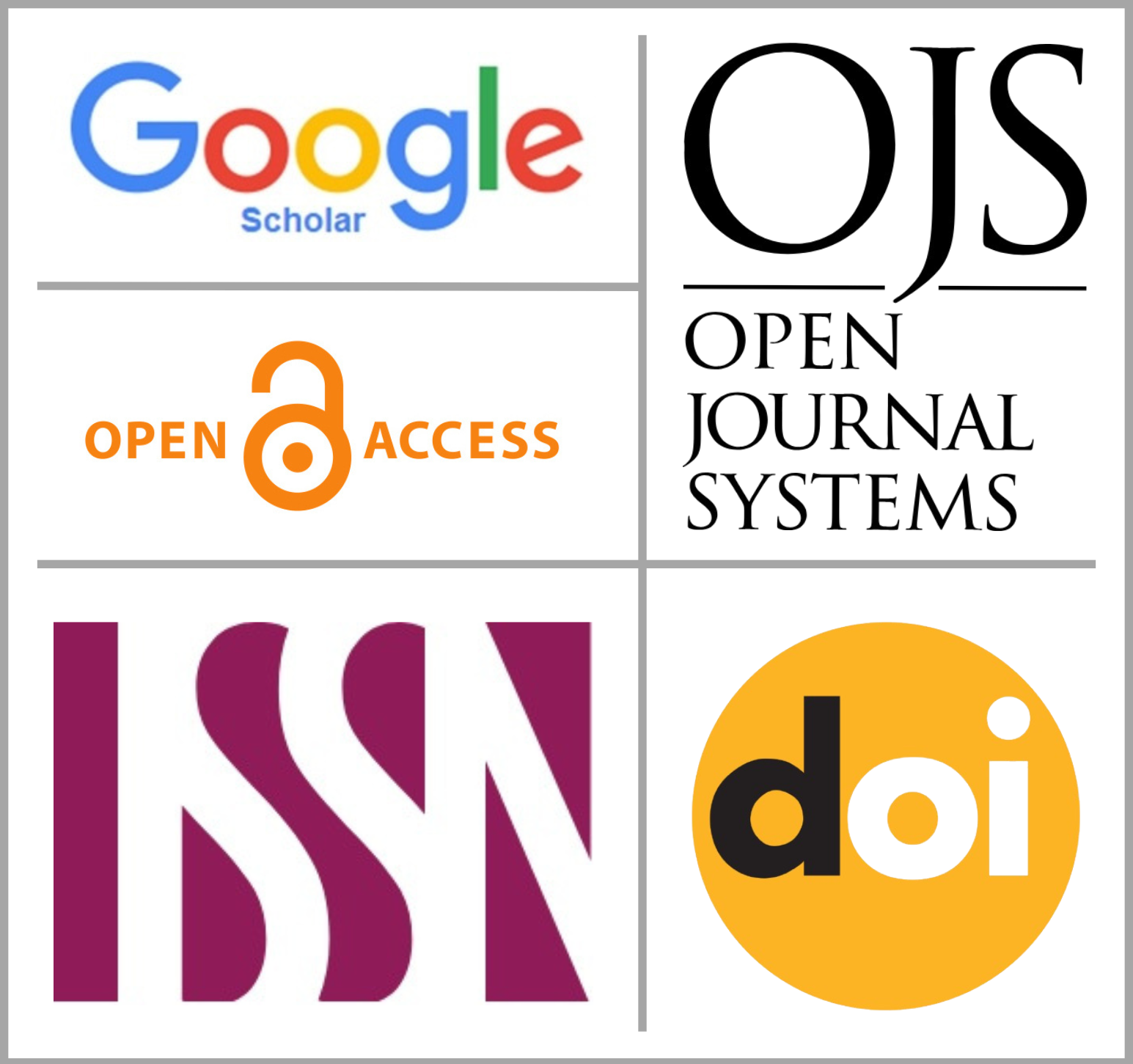A Lexical Analysis of M.R. Gohar’s Poetry: A Corpus Assisted Approach
DOI:
https://doi.org/10.63056/jllsa.1.2.2025.2Keywords:
Corpus-assisted analysis, lexical patterns, linguistic creativity, M.R. Gohar, modern poetry, semantic fields, stylistic devicesAbstract
This research is on the linguistic and thematic aspects of M.R. Gohar’s poem books. These books include “inside out”, “images”, metaphors” and “ yellow leaves”. A detailed lexical analysis was performed by merging thematic analysis including the Clark and Brown Model (2006). Further thematic analysis was performed by using the ant conc software. The study examines the lexical patterns, semantic fields, and stylistic details that shape the poem’s narrative. The thematic analysis highlights how Gohar’s intentional use of language brings forth themes of desolation, transformation, and resilience. This research reflects the metaphorical importance of the “Ice Age” in addressing wider human and environmental issues. Employing corpus tools like Ant conc, the research produces frequency lists, keyword analyses, and collocation patterns to thoroughly investigate the vocabulary and its structural significance in the poem. Special focus is placed on recurring lexical items and their collocates, which create a web of interconnected meanings, enhancing the poem’s thematic richness. The study also compares Gohar’s linguistic style with contemporary and traditional poetry corpora. The research explains his distinctive approach to poetic diction and innovation. This corpus-assisted method not only reveals the subtle complexities of Gohar’s poetic language but also establishes a framework for analyzing modern poetry. Additionally, the study contrasts Gohar’s poetic language with both contemporary and traditional poetic corpora to highlight its linguistic distinctiveness. Results showed that M.R. Gohar’s poem books features unique word choices that helps in the explanation of themes of desolation, transformation, and resilience. Furthermore, the incorporation of metaphors and semantic fields plays a crucial role in enriching the poem’s emotional resonance and intellectual significance. This research emphasizes how corpus-assisted methods can enhance literary analysis by offering a data-driven view of word choices in poetry.







